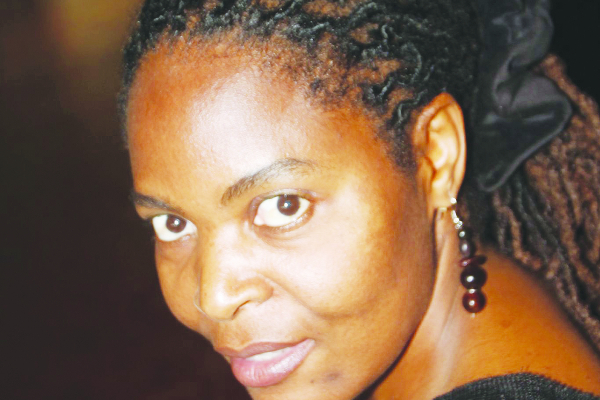
CHILDREN’S rights civic organisation groups in Southern Africa under the regional body, Child Rights Network for Southern Africa (CRNSA) are advocating for the formulation of a Sadc protocol on children’s rights in order to ensure that children and youth have access to basic services such as health and education.
By VENERANDA LANGA
The Southern Africa Parliamentary Support Trust (Sapst) and the Zimbabwe National Council for the Welfare of Children this week gathered representatives from different Southern African countries to discuss different issues affecting children. The following are excerpts of an interview between NewsDay Senior Parliamentary reporter Veneranda Langa (ND) and CRNSA regional co-ordinator, Musa Chibwana (MC) on child rights issues in Southern Africa.
ND: What was the main objective of CRNSA meeting in Zimbabwe?
MC: This was an annual meeting and the coming-in together of national child networks from Sadc countries to build the capacity of members to understand children’s rights. We have representatives of about 2 000 child rights organisations in Southern Africa. We are pushing to have a Child Rights Protocol at Sadc level.
ND: What will be the advantages of having a Sadc Child Rights Protocol?
MC: It will ensure member States adhere to the provisions of the protocol pertaining to implementing children’s rights. Recently, African leaders met in Kigali and signed the African Continental Free Trade Area agreement and it says let us do away with colonial borders and free movement of goods. But from a human rights and children’s rights perspective, it can open doors for human trafficking and children can be affected and trafficked for sexual exploitation. If there is no regional response, it can cause problems. If we have porous borders, children can become vulnerable and we also want them to be protected from issues like child labour. We want a regional response towards children’s issues as we move towards integration. We want a critical mass of civic society to be champions of human rights.
ND: What are some of the children’s rights issues that affect Southern Africa?
- Chamisa under fire over US$120K donation
- Mavhunga puts DeMbare into Chibuku quarterfinals
- Pension funds bet on Cabora Bassa oilfields
- Councils defy govt fire tender directive
Keep Reading
MC: One of the problems in Southern Africa is the issue of early child marriages. Some of the countries affected include Malawi, Zambia, Mozambique and also Zimbabwe is not innocent when it comes to early child marriages. We need to promote public investment in children to ensure member States invest in education and health needs for children. Money answers all these things and we need to ensure that some of the taxes collected by governments promote children’s health and education needs as they constitute the majority of the population in Southern Africa (75%).
ND: Would you say national budgets in Sadc countries are adequately taking care of children’s needs?
MC: National budgets should prioritise quality services for children like education, health and social protection. For instance, in Zimbabwe some of the rural schools do not have electricity and children have no access to essentials like computers when we are in the digital age. It is not a loss for governments to invest in quality education. We encourage the Zimbabwean government to continue supporting the Basic Education Module, which is a noble exercise and ensure that the money is disbursed on time, and also take care of children’s other needs like uniforms.
ND: How does corruption affect children in Sadc?
MC: Corruption is a cancer in that it causes leakages and illicit financial flows which denies children their rights to access resources. Issues of companies evading tax should be condemned, as it makes fiscal space limited and affects children.
ND: Are Sadc countries implementing provisions on their laws protecting children’s rights?
MC: The major problem we are seeing is limited resources to rural children due to lack of decentralisation of social services. At times commitment is there, but at times budgetary allocations are so low due to political discourse. Governments need to adhere to the Abuja Declaration which demands that 15% of National Budgets should go towards health, and the Dakar Declaration that 20% of the national budget should go towards education.
ND: Which factors in Sadc influence or affect good practices on children’s rights?
MC: We have seen that those countries that exercise good governance in Sadc have positive indicators on observation of children’s rights. Those countries with high corruption rates have high child mortality rates and high illiteracy rates, for example, the Central African Republic and the Democratic Republic of Congo. Some of the indicators are the Mo Ibrahim and Transparency International surveys. There is a direct relationship between realisation of children’s rights and good governance.











